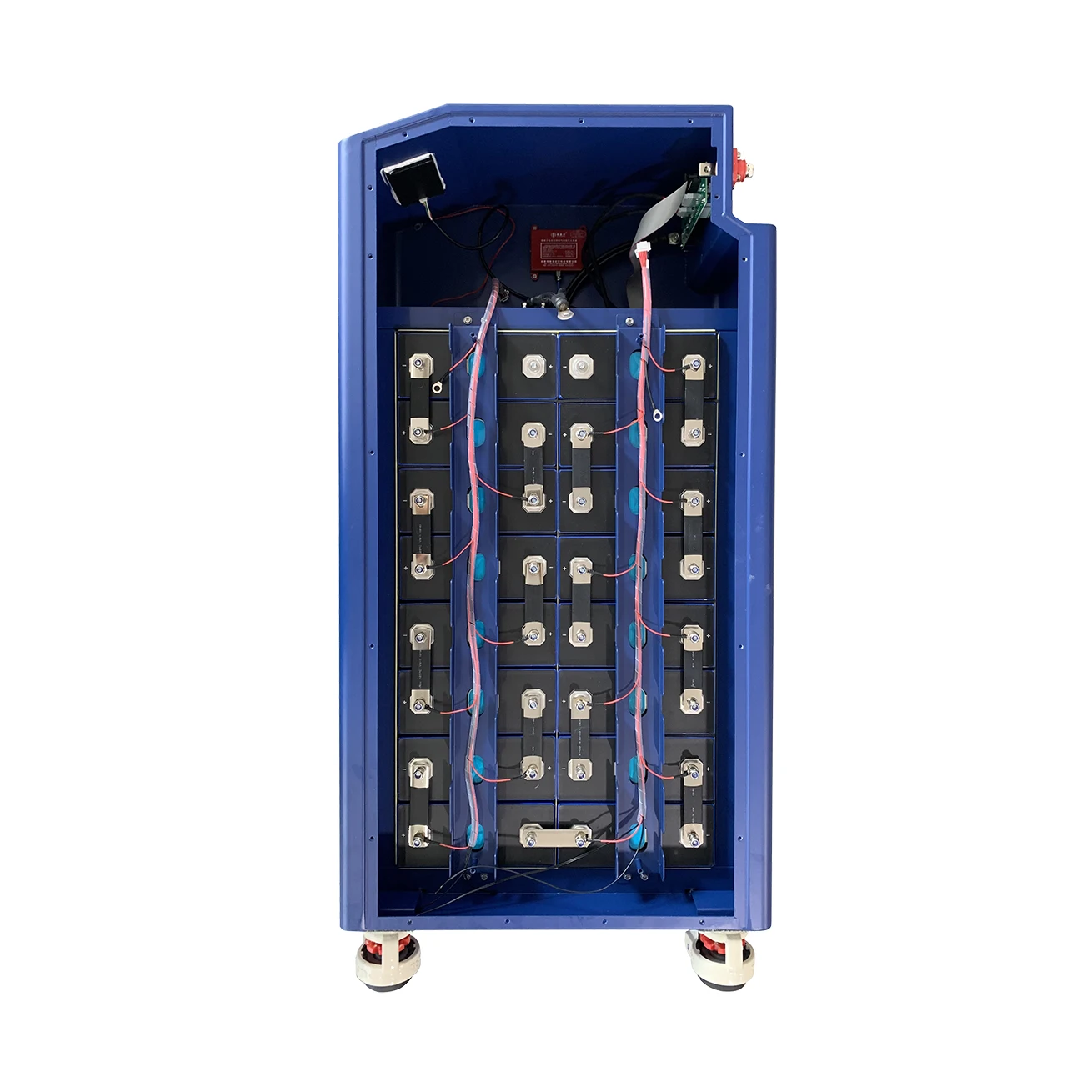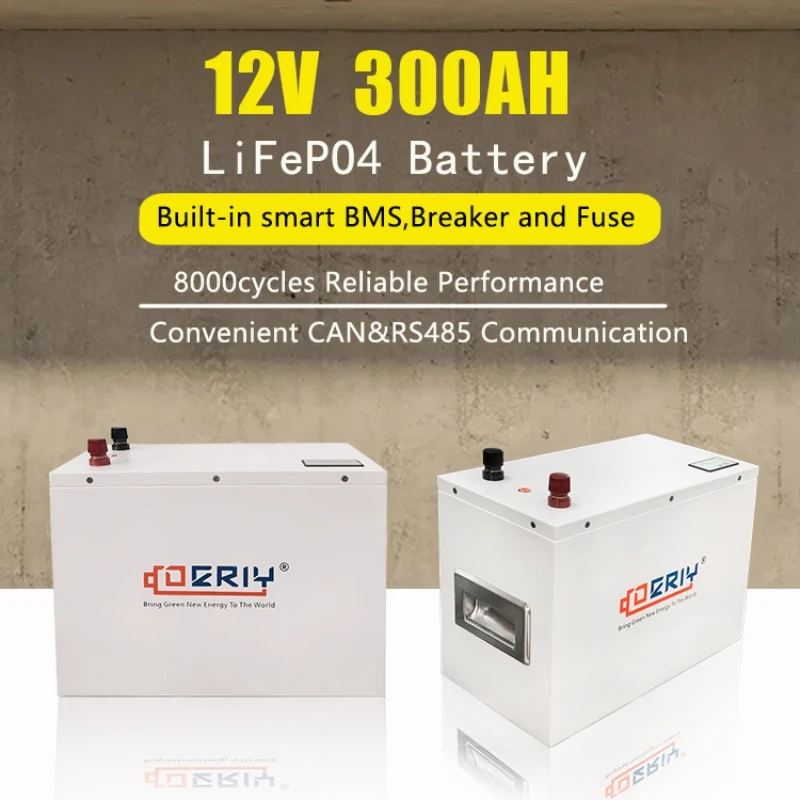
Electric vehicles (EVs), grid-scale energy storage, and industrial machinery all utilize Industrial lithium batteries due to their overwhelming power. These batteries provide high energy density, long life cycles, and peak output power when needed. They are built to withstand extreme temperatures and vibrations during operations, allowing for trusted performance no matter the setting. Industrial lithium batteries often come equipped with advanced battery management systems for safe operations. Additionally, these batteries require strict quality control due to the demanding conditions they are placed in.
